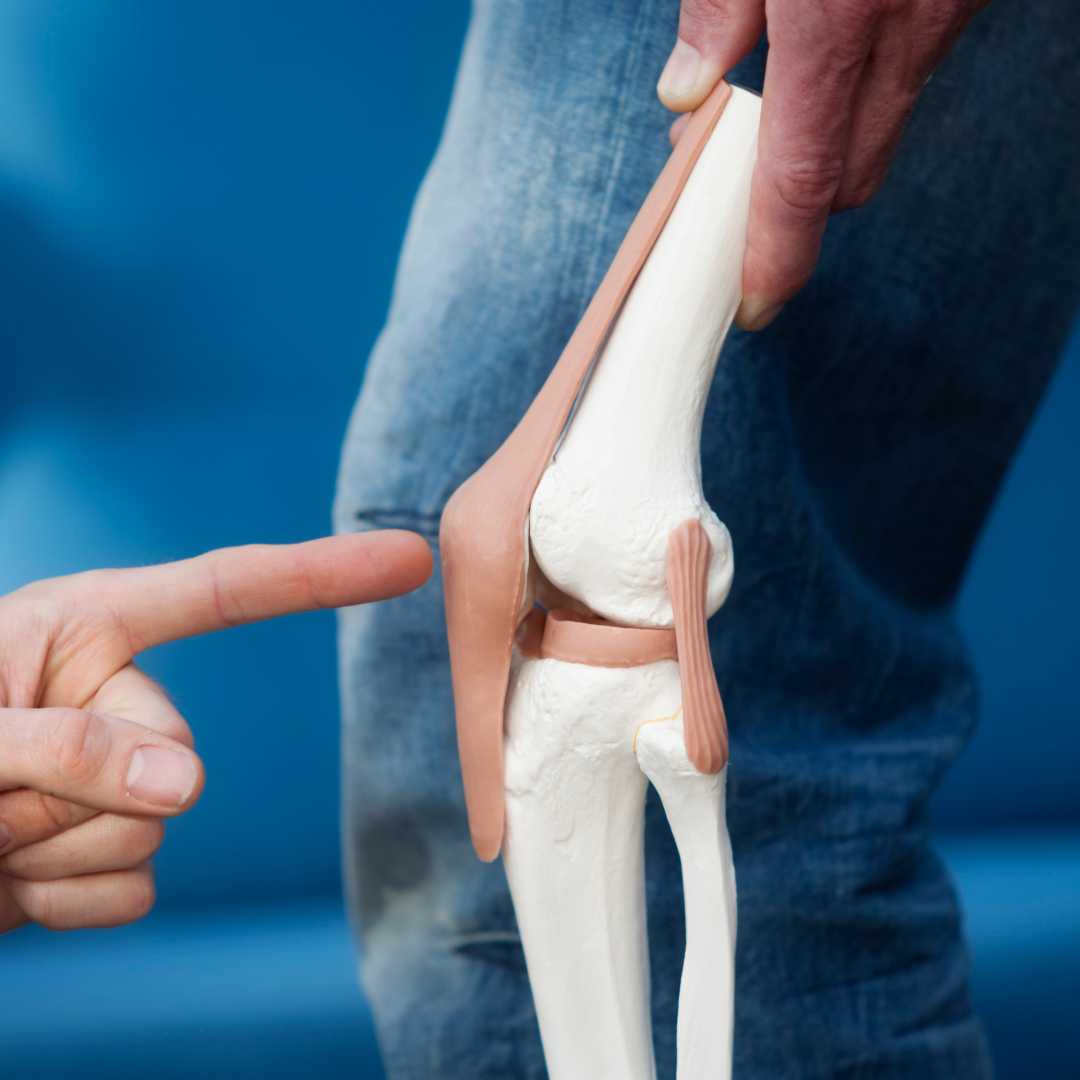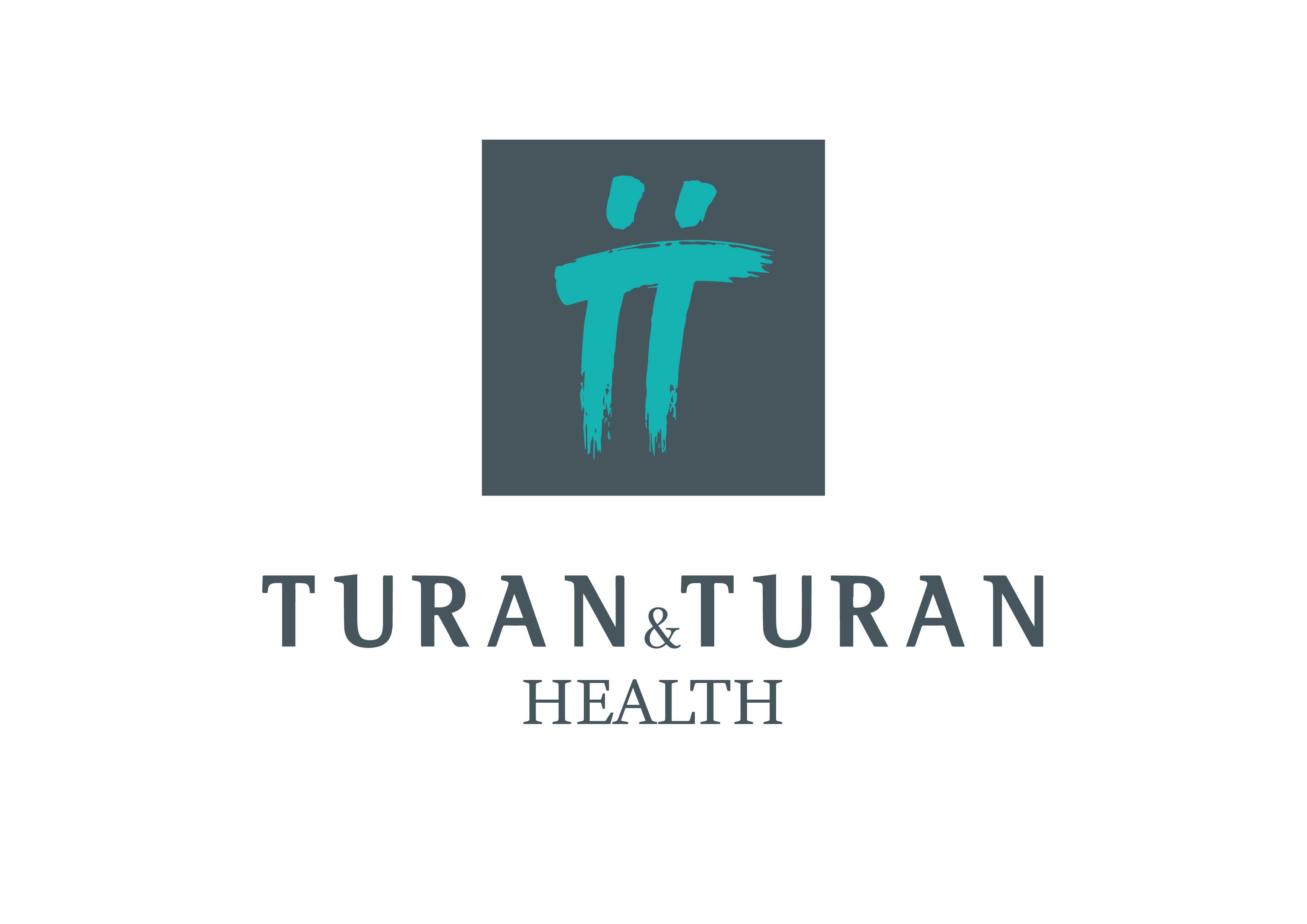Why Choose Turkey for Spinal Fusion Surgery?

The decision to undergo spinal fusion surgery is a monumental one, aimed at alleviating chronic pain and restoring quality of life. When you consider having this complex procedure in a destination like Turkey, the decision becomes even more layered. Turkey has rapidly become a hub for advanced medical procedures, boasting internationally accredited hospitals and world-renowned surgeons, often at a fraction of the cost found in Western Europe or North America.
This combination of quality and affordability makes spinal fusion surgery in Turkey a compelling option. However, traveling abroad for such a significant operation requires diligent preparation and a clear understanding of the entire process. Many former patients reflect on their journey, wishing they had known certain details beforehand.
This guide is built on that hindsight, created to address the most pressing questions and concerns you might have. We’ll go beyond the surface-level benefits and delve into the specifics: How do you vet a neurosurgeon from thousands of miles away? What does the recovery process really look like in a foreign country? What are the hidden costs? Answering these questions is the key to transforming anxiety into confidence and ensuring your neurosurgery in Turkey is a safe, successful, and positive experience.
How much does spinal fusion surgery cost in Turkey?
The significant cost savings are a primary reason patients choose Turkey for spinal fusion. In the US, the same procedure can easily cost between $50,000 and $100,000 or more. This price difference is due to Turkey's lower cost of living and operational expenses, not a compromise in quality. Top Turkish hospitals are equipped with the latest technology, including robotic-assisted surgical systems. When you receive a quote, it is crucial to understand exactly what is covered. A comprehensive package for international patients should include:
- Surgeon and anesthesiologist fees
- All hospital costs (operating room, inpatient stay)
- Medical implants and hardware (titanium rods, screws, cages)
- Pre-operative consultations and diagnostic tests (MRI, CT scans, X-rays)
- Post-operative care during your hospital stay
- Airport and hospital transfers
Be sure to ask if physical therapy, medications to take home, and accommodation outside the hospital are included in the price.
Is it safe to have spinal surgery in Turkey?
Turkey's healthcare system has invested heavily in infrastructure and quality control, particularly in hospitals catering to medical tourists. Many of these facilities are accredited by the Joint Commission International (JCI), the gold standard in global health care. This accreditation ensures that the hospital meets rigorous standards for patient safety, quality of care, and operational efficiency. Your safety hinges on your choice of facility and surgeon. Research is paramount.
Look for hospitals that have dedicated neurosurgery departments and a track record of successful spinal fusions. Verify your surgeon’s credentials, read patient reviews, and never compromise on the quality of the hospital to save a little more money. The top-tier hospitals in Istanbul, Ankara, and Izmir are known for their excellent outcomes.
How do I choose the best neurosurgeon in Turkey?
Selecting the right surgeon is the most critical decision you will make. You are not just looking for a doctor, but a specialist with a deep focus on complex spine surgery.
- Credentials and Specialization: Confirm they are a board-certified neurosurgeon or orthopedic spine surgeon. Look for surgeons who are members of international spine societies.
- Experience: Ask specific questions. How many spinal fusions do they perform a year? What is their experience with your specific condition (e.g., degenerative disc disease, scoliosis, spondylolisthesis)?
- Hospital Affiliation: Top surgeons operate out of top hospitals. Their choice of facility is a reflection of their standards.
- Communication: The surgeon (or their dedicated international patient coordinator) should be fluent in English. During a video call, they should be able to explain the procedure, its risks, and the expected outcomes in a way you can understand.
What is the surgical and hospital experience like?
Internationally accredited Turkish hospitals are designed with patient comfort and care in mind. You will likely have a private, modern room with an en-suite bathroom. The nursing staff is generally well-trained, and while not all nurses may speak fluent English, your international patient coordinator will be on hand to bridge any communication gaps. The surgical process itself will be state-of-the-art.
Many surgeons use minimally invasive techniques and neuronavigation systems to improve precision and reduce recovery time. The hospital stay for a lumbar spinal fusion is typically 4-7 days, during which you will be monitored closely and begin basic mobilization with the help of a physical therapist.
How long is the recovery, and how long must I stay in Turkey?
Spinal fusion is not a procedure you can fly home from quickly. The full recovery process takes many months, but the initial, critical phase must be supervised by your surgical team. A minimum stay of three weeks is standard.
- Week 1: Inpatient hospital stay. Focus on pain management and getting out of bed with assistance.
- Weeks 2-3: Recovery in a nearby hotel or serviced apartment. You will have post-operative check-ups with your surgeon and likely begin a gentle physical therapy program.
Your surgeon will clear you for the flight home only when they are confident you are stable. The long flight requires specific precautions to prevent blood clots, which your team will discuss with you.
What does the rehabilitation and physical therapy involve?
The surgery itself is only half the battle. Your commitment to physical therapy will determine the ultimate success of your spinal fusion. While in Turkey, a therapist will teach you how to safely get in and out of bed, walk, and perform basic tasks without compromising the fusion. Once you return home, you will need to continue with a local physical therapist. It is a great idea to arrange this before you travel.
Your Turkish surgeon should provide a detailed report and a rehabilitation protocol for your home therapist to follow. This long-term therapy is essential for rebuilding core strength and ensuring the fusion heals correctly.
What are the "BLT" restrictions after surgery?
Your surgeon will emphasize these restrictions repeatedly. They are the golden rules of your recovery.
- No Bending: You cannot bend at the waist. You will need to learn to squat or kneel to pick things up, keeping your back straight.
- No Lifting: You will have a strict weight limit, often no more than 5-10 pounds (a gallon of milk).
- No Twisting: You must turn your whole body as a unit, like a log, instead of twisting your spine.
Adhering to these rules is non-negotiable for a successful fusion. You will need to prepare your home environment in advance to accommodate these limitations (e.g., using grabber tools, placing frequently used items at waist level).
What if there is a complication after I return home?
This is a major concern for any medical tourist. Before you book, have a frank discussion with the international patient department about their process for managing post-operative issues from afar. A good hospital will provide you with contact information for 24/7 support and will schedule regular virtual check-ins. It is also essential to have a local primary care physician or specialist who is aware of your surgery and willing to assist in your follow-up care upon your return.
Making the decision for spinal fusion surgery is a significant step. PlacidWay is here to help you navigate this complex journey. We connect patients with accredited hospitals and world-class neurosurgeons in Turkey and across the globe. Let us help you find the right solution for your spinal health with confidence. Explore your options today!


.png)

.png)

.png)



.png)






Share this listing